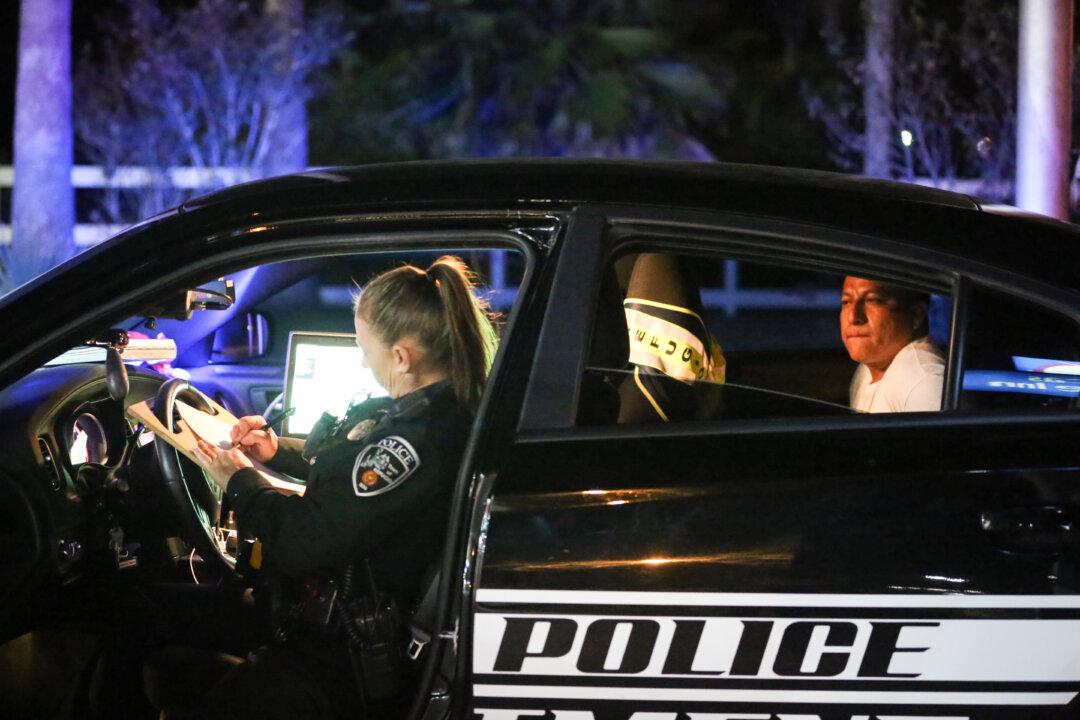Illegal immigrants in Massachusetts, Rhode Island, and Minnesota will be eligible to apply for restricted driver’s licenses beginning in 2023. That expands the number of states that permit illegal immigrants to get legal driving privileges to 19, plus the District of Columbia, and Puerto Rico.
Rhode Island and Massachusetts legislators passed their bills last year, with voters in Massachusetts confirming support for a measure lawmakers adopted in November 2022. Both go into effect on July 1. Minnesota’s law takes effect on Oct. 1.





